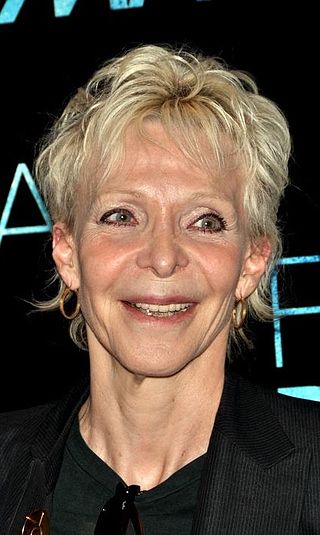
Tonie Marshall was a French-American actress, screenwriter, and film director. In 2000, she became the first female director to win a César award for her film Venus Beauty Institute.
Asma Lamrabet is a Moroccan doctor, Islamic feminist, scholar and author.
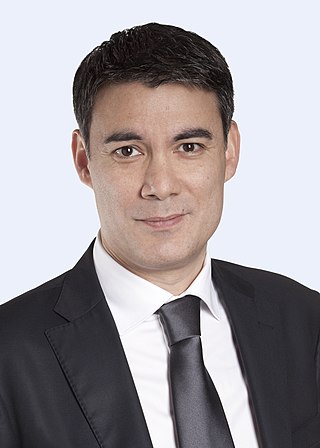
Olivier Faure is a French politician who has served as the First Secretary of the Socialist Party since 2018 and Member of the National Assembly for Seine-et-Marne's 11th constituency since 2012. He was elected to the post of first secretary in the party's Aubervilliers Congress and re-elected in the 2021 Villeurbanne Congress. Faure was previously the head of the New Left group, the parliamentary group formed around the PS in the National Assembly, from December 2016 to April 2018.
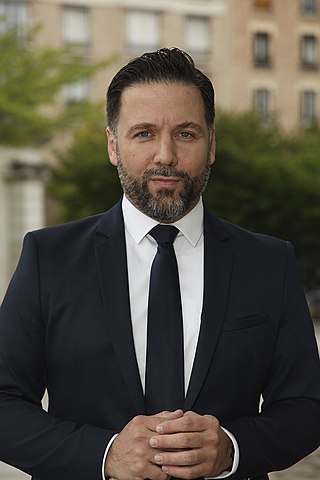
Hugues Renson is a French politician who represented the 13th constituency of Paris in the National Assembly from 2017 to 2022. A member of La République En Marche! (LREM), his constituency encompasses the southern half of the Paris's 15th arrondissement.

Sacha Houlié is a French lawyer and politician of La République En Marche! (LREM) who has been serving as a member of the French National Assembly since the 2017 elections, representing the department of Vienne.
Opinion polling on the presidency of Emmanuel Macron has been regularly conducted by French pollsters since the start of his five–year term. Public opinion on various issues has also been tracked.

Women have been involved in the yellow vests movement since its inception. This is a result of women on the whole being more affected by poverty in France than their male counterparts, in part because many are heads-of-household and need to take time off from paid employment to give birth to children. Their role is greater than most past social movements in France because of the economically precarious position that many women in the country find themselves in.
Morgane Merteuil is the pseudonym of a French sex worker and feminist activist known for her commitment to the rights of sex workers. She was the secretary general and spokesperson of the French sex work union STRASS from 2011 to 2016.
The Wassila network or l'Association contre les violences faites aux femmes et aux enfants or Avife is a network of Algerian citizens' groups and institutions that defend women's rights, established in October 2000.
The Association of LGBTI Journalists is an LGBTI group founded in France in 2013. This French nonprofit association works towards a better media coverage of LGBTI issues, of issues related to gender identity and sexual orientation. Its members are journalists from a wide range of newsrooms as well as freelance journalists. Since 2017, the AJL has been organizing an annual ceremony, the « Out d’or », during which artists, journalists and diverse personalities are awarded for their work towards LGBTI visibility.

Hadja Idrissa Bah, also Hadja Idy is a child's rights and women's rights activist from Guinea, who was elected President of the Guinean Children's Parliament in 2016. She has advised President Emmanuel Macron on women's issues.
The Collectif intersexe activiste - OII France, until 2022 known as the Collectif intersexes et allié.e.s, abbreviated to CIA-OII France, is a not-for-profit association founded in 2016 by Loé Petit and Lysandre Nury. It aims to defend and support intersex people.
The Mila affair is a French media and judicial case relating to freedom of speech and cyberbullying. After a man invoking Islam directed misogynistic and homophobic insults at "Mila" when she rejected his inappropriate sexual advances, she answered that "islam is shit". The 16-year-old was then threatened with death and rape by numerous people online, which caused her to leave school and to be placed under police protection.
Les Dévalideuses is a French feminist collective. It is focused on fighting for disabled women within the feminist movement. It is led by Céline Extenso. The collective was founded in October 2019 to fight the marginalisation of disabled women.
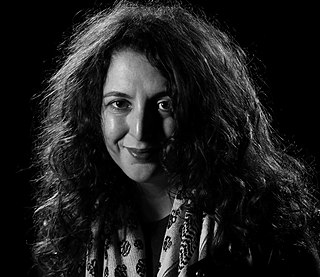
Sonia Terrab is a Moroccan writer, filmmaker, and activist. Her work revolves around the status of women in Moroccan society, social hypocrisy regarding the body and sexuality, and Moroccan youth.
"L'Hymne du MLF", also known as "Debout les femmes", was written as the anthem of the Women's Liberation Movement (MLF) in France. It was created collectively in March 1971, during the second wave of French feminism, by militant feminist activists in Paris, during a meeting in preparation for a gathering on March 28, 1971, in the Square of Issy-les-Moulineaux, in memory and in honor of the women of the Paris Commune, marking its centennial.
The Jeune Garde is a French anti-fascist organisation.

Collectif Némésis is an organisation in France and Switzerland for women aged 18 to 30, describing itself as feminist and identitarian. The organisation is named after Nemesis, the Greek goddess of revenge, and was founded by Alice Cordier in 2019. The organisation believes that non-European immigrants, particularly Muslims, present an elevated risk of violence towards women. The organisation has been condemned as racist by mainstream feminist organisations.
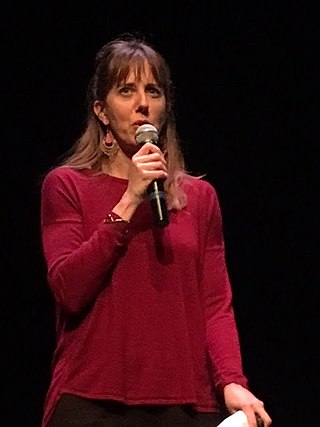
Mathilde Larrère, born in Paris is a French historian. She is a specialist in revolutionary movements and policing in 19th century France.
Femmes solidaires is a French feminist association in France, founded during the Second World War under the name Union des femmes françaises (UFF). The movement works for the defense and advancement of women's rights, gender equality, the liberal movement and international solidarity.










